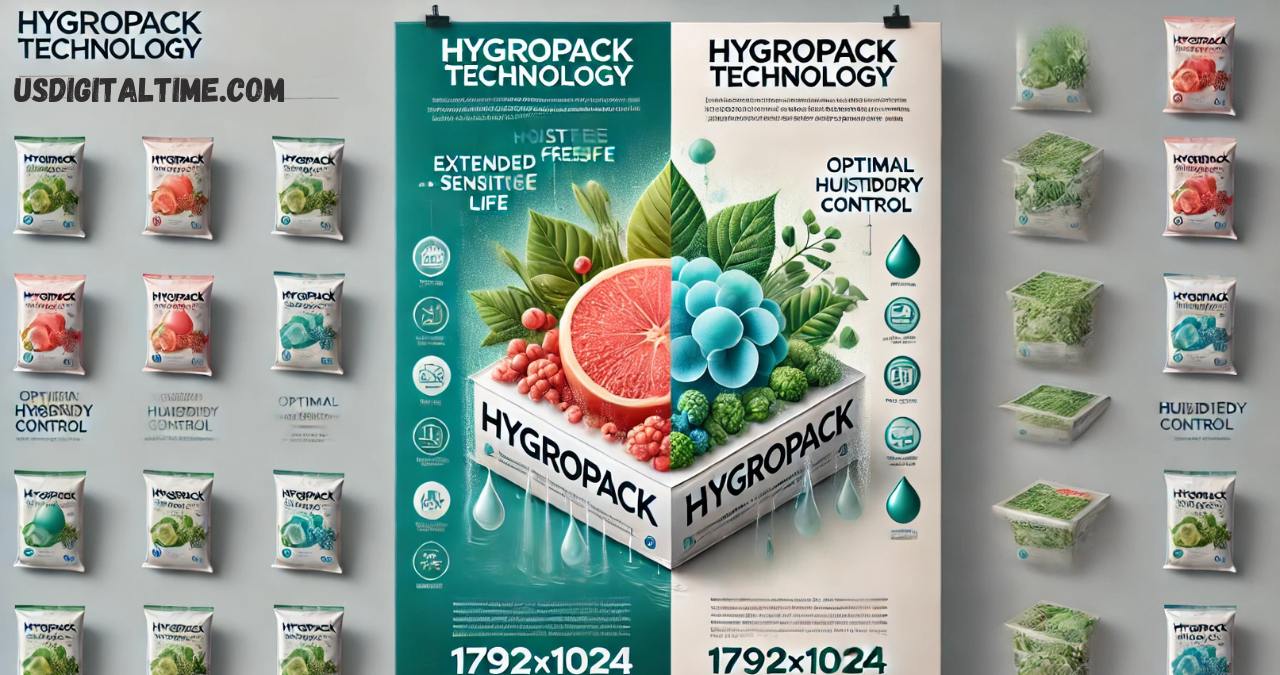Introduction
In an era where Hygropack storage and transportation efficiency are as crucial as the products themselves, innovative solutions like hybrid technology have emerged as game changers. Primarily used in industries such as food, pharmaceuticals, and electronics, hygropack helps maintain the optimal humidity level, thus ensuring the longevity and reliability of products. This article explores hybrid technology’s intricate workings, applications, and benefits, shedding light on its increasing importance across various sectors.
What is a Hygropack?
Hygropack is a specialized packaging solution designed to regulate moisture levels within its vicinity. These packs are typically made from desiccants like silica gel, clay, or molecular sieves, enclosed in permeable materials, allowing them to absorb or desorb moisture as needed. Hygropacks are available in various forms, including sachets, boards, and canisters, tailored to meet specific industry requirements. The choice of material and design is critical, as it determines the hygropack’s efficiency and suitability for different environmental conditions and products.
How Does Hygropack Work?
The core functionality of hygropack lies in its ability to control ambient humidity, which is crucial for preventing the degradation of humidity-sensitive products. Maintaining consistent moisture level hygropacks prevents typical mould growth, clumping, and spoilage. This is particularly vital in tightly sealed packages where even minor fluctuations in humidity can have significant effects. The technology behind hygropack is not only about moisture absorption; it’s also about its controlled release, which keeps the environment within critical humidity thresholds, essential for sensitive products like pharmaceuticals and organic materials.
Applications of Hygropack Technology
Hygropack technology plays a pivotal role in extending the shelf life of perishable goods. By keeping moisture levels in check, these packs prevent mould and bacteria growth, which are the primary causes of food spoilage. This application is evident in packaged foods such as jerky, nuts, and bread, where freshness is directly linked to consumer satisfaction and product safety.
In Pharmaceuticals
For pharmaceuticals, where product efficacy and safety are paramount, hygropack ensures that medications remain potent and free from moisture-induced degradation. This is crucial for products such as capsules and powders highly sensitive to moisture, which can alter their chemical composition and effectiveness.
Benefits of Hygropack Technology

Adopting hygropack technology brings myriad economic benefits, including significant cost savings through reduced product waste and spoilage. Environmentally, hygropacks contribute to sustainability efforts by minimizing the reliance on refrigeration and preservatives, which have larger carbon footprints. From a consumer standpoint, product quality and reliability assurance enhance overall satisfaction and trust in brand offerings.
Installation and Maintenance
Integrating hygropack systems into an existing setup is straightforward, typically requiring minimal adjustments to packaging lines. Maintenance, while often overlooked, is minimal, primarily focusing on the periodic replacement of the packs, depending on their designed absorption capacities. Proper maintenance ensures optimal performance, preventing any potential efficacy issues.
Challenges and Considerations
Despite its numerous benefits, hybrid technology is not without its challenges. Issues such as regulatory hurdles, particularly in food and pharmaceuticals, can impact the use of certain desiccants. Furthermore, the initial setup costs can be a barrier for small to medium enterprises. Staying informed of these considerations and planning accordingly can mitigate potential obstacles.
Conclusion
Hygropack technology is a testament to the advancements in packaging solutions that enhance product integrity across various industries. As businesses seek efficient and reliable methods to meet quality standards and consumer expectations, hygropack offers a promising solution. Its role in sustaining product quality supports economic objectives and aligns with environmental and consumer safety goals, making it a cornerstone technology in modern packaging solutions.
FAQs
What is the lifespan of a typical hygropack unit?
Typically, hybrid units can last several months, depending on their environment and product requirements.
How does hygropack technology differ from silica gel?
Hygropack uses a variety of desiccants, including silica gel, tailored to specific applications, offering more targeted moisture control solutions.
Can hygropack systems be reused or recycled?
Many hygropack materials are recyclable, though reuse depends on the desiccant type and its degradation over time.
What are the initial costs involved in integrating hybrid technology into a business?
The costs vary based on scale and specific needs, but initial investments typically go towards customization and installing appropriate packaging systems.
Are there any particular storage conditions required for hybrid systems?
Generally, hygropack systems should be stored in cool, dry places to maintain efficacy before use.
You May Also Read: https://usdigitaltime.com/crushon-ai/




